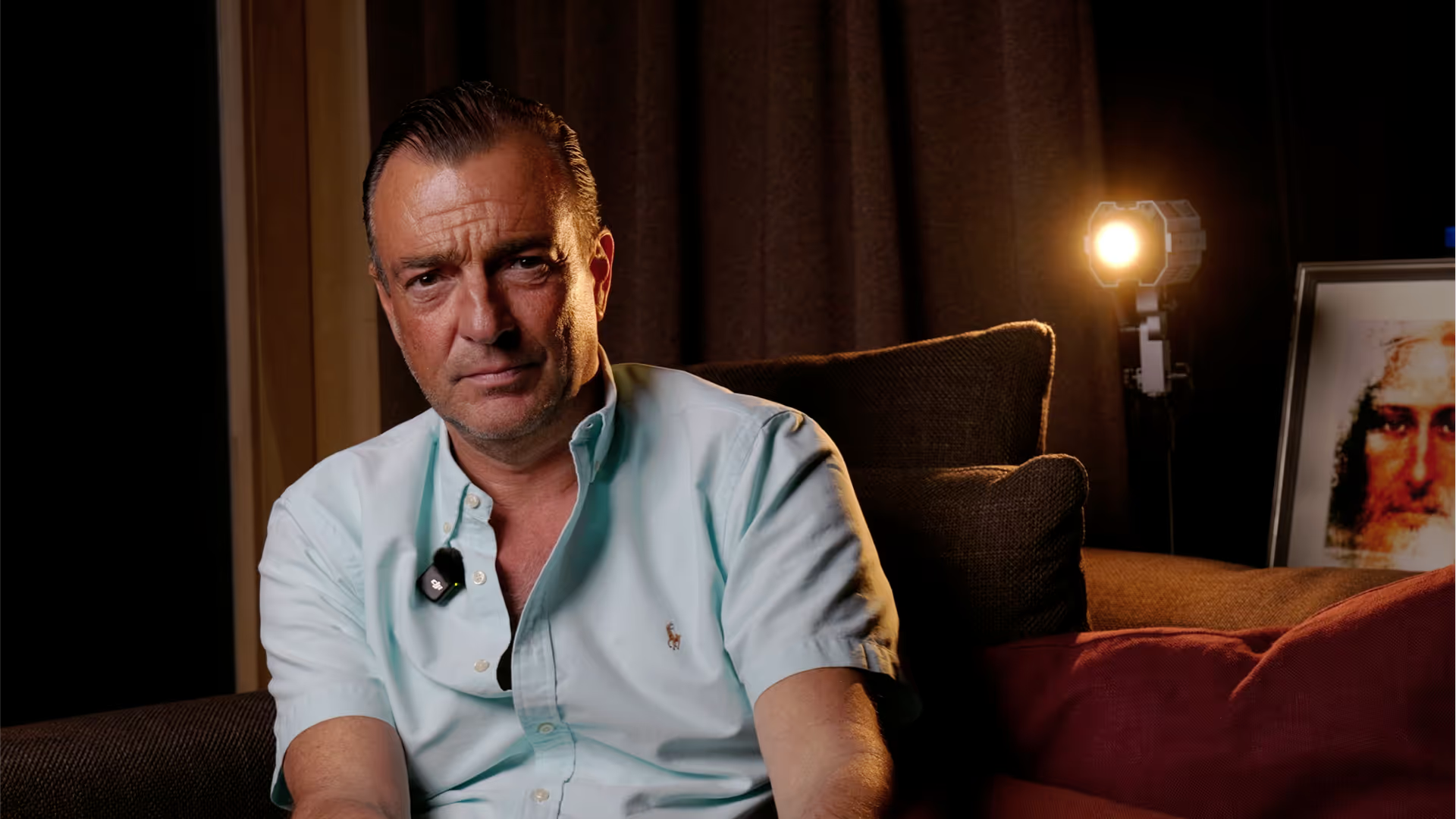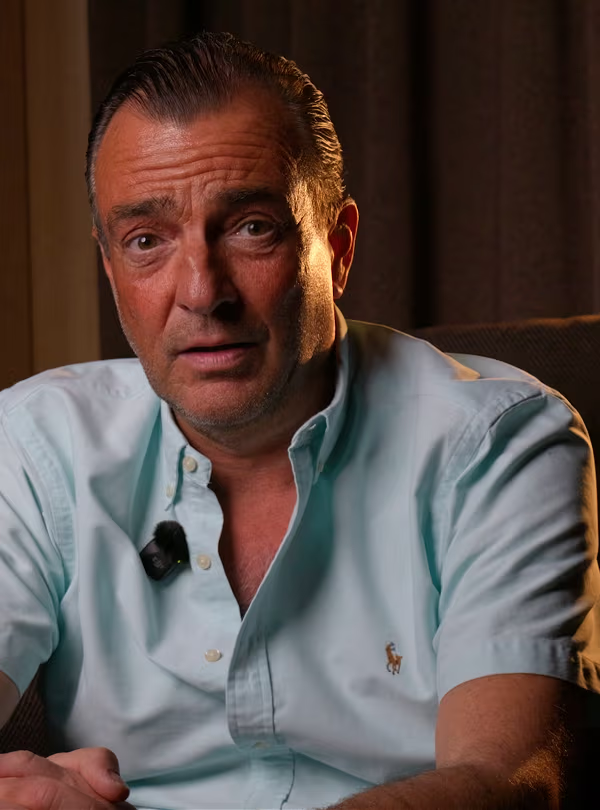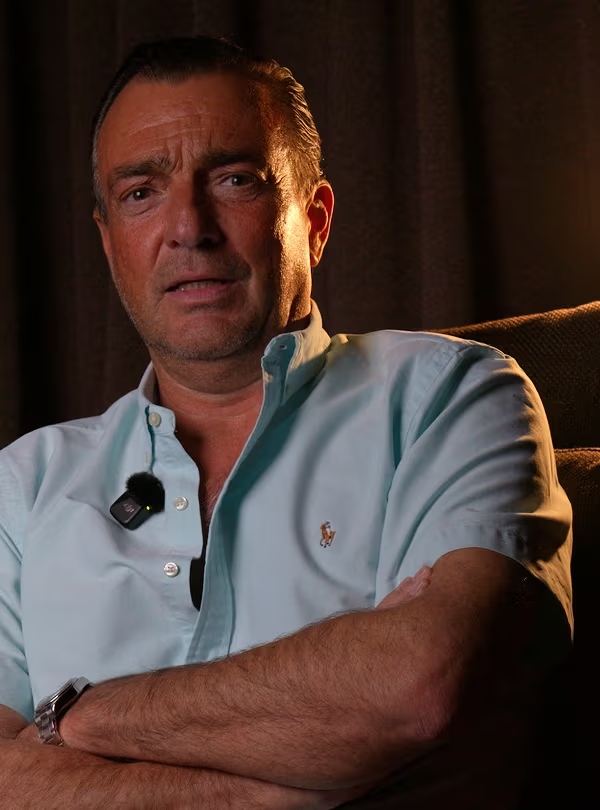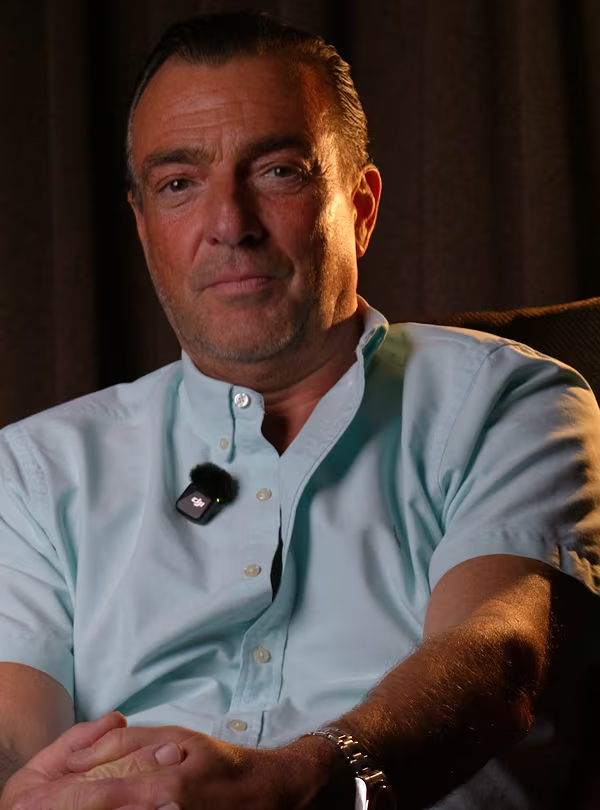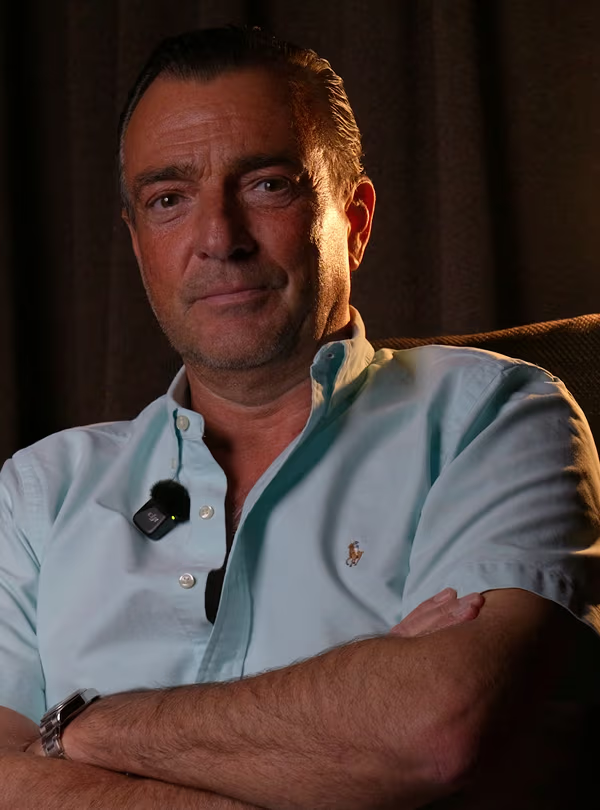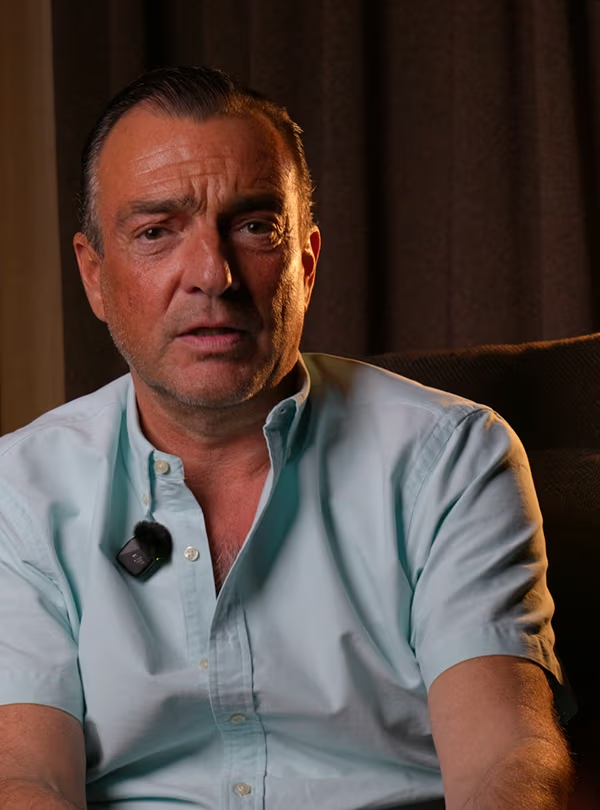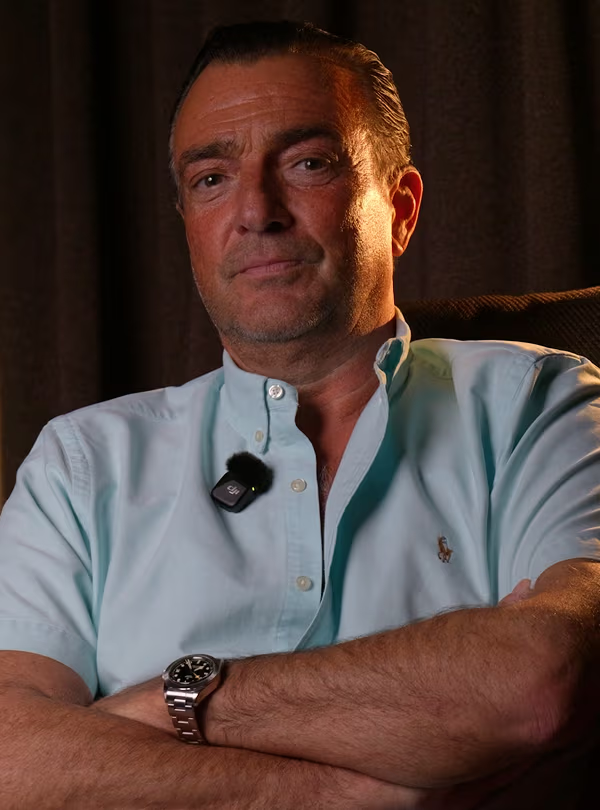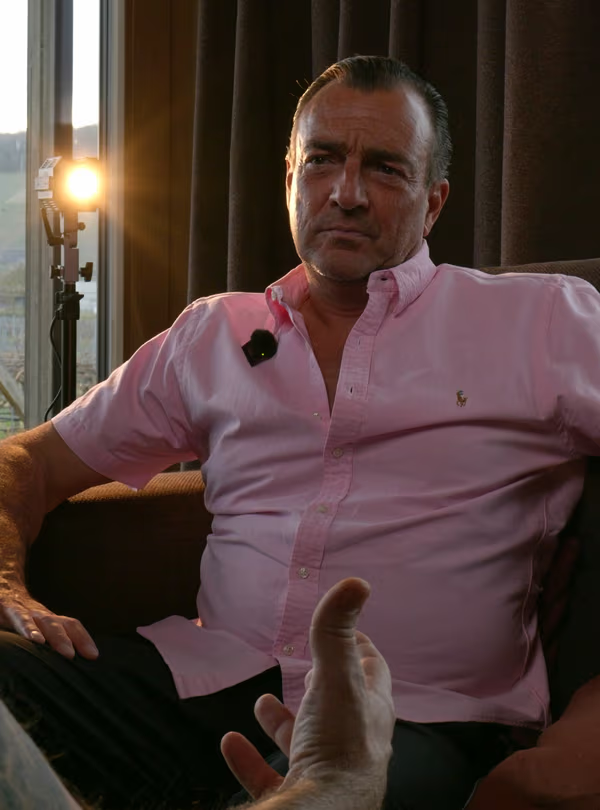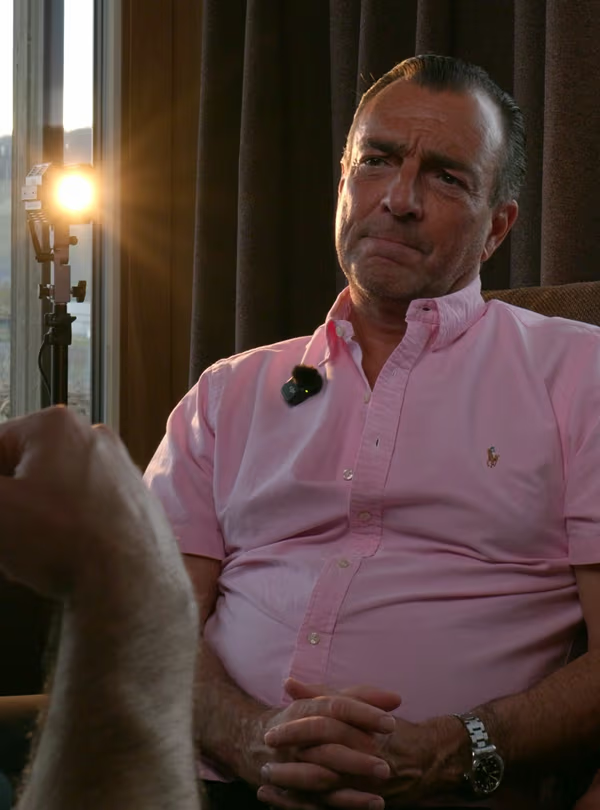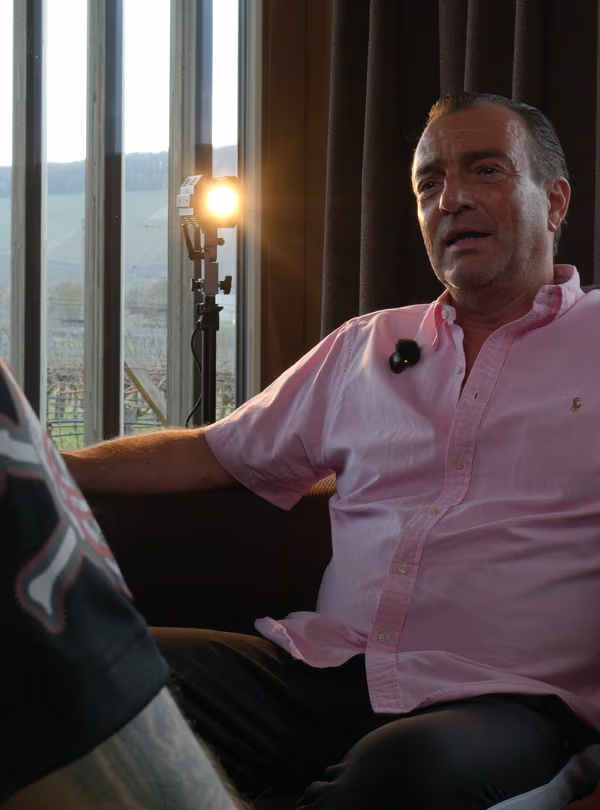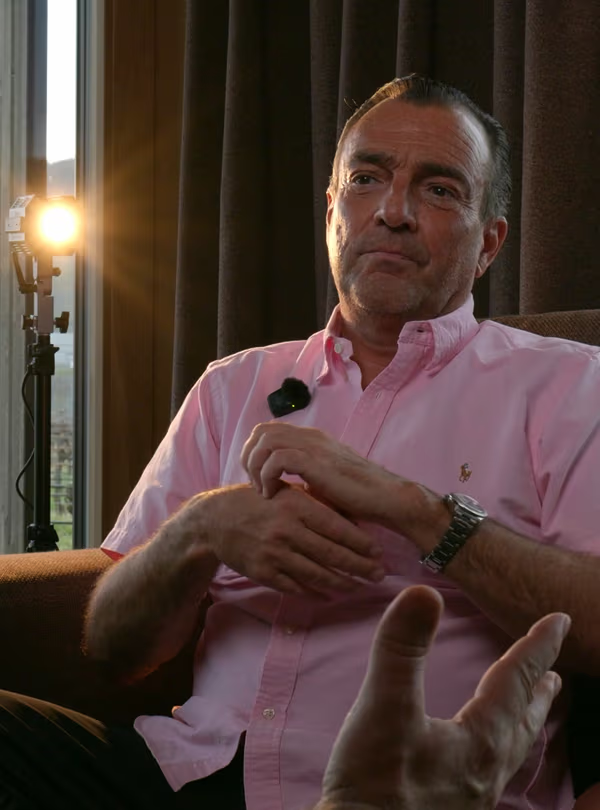PTSD Therapy for U.S. Veterans in Germany
War doesn’t always stay in the past. Many U.S. veterans find themselves struggling with flashbacks, hypervigilance, or disconnection long after deployment.
I offer trauma-focused therapy tailored to your needs — delivered in English or German, in person and at locations that suit your situation.
What PTSD Can Look Like
PTSD isn’t always visible from the outside. It can affect thoughts, emotions, and daily life in ways that feel overwhelming or confusing.
Below are some of the most common experiences veterans describe.




Real Talk on War-Related PTSD
These videos offer a deeper look into how PTSD affects veterans — and how therapy can make a difference. From therapeutic insights to honest stories, you're invited to listen, reflect, and relate.
Proven Methods That Bring Results
PTSD therapy is structured and active. I use evidence-based methods to help you process trauma, regain control, and rebuild your daily life.
What You Might Want to Know
Here are answers to common questions that you might have.
Most clients begin with weekly sessions of 45 to 60 minutes. As therapy progresses and stability improves, sessions may shift to a biweekly rhythm.In some cases, longer time blocks of up to four hours are scheduled to allow for thorough and effective exposure therapy.In special cases (for example, during prolonged exposure sessions), longer therapy appointments can be arranged.
You can choose between:
- In-office sessions in a calm, private space
- Appointments at your home or outdoors — wherever it makes sense for your stabilization and healing process.
- Either at my office in Knetzgau or as on-site appointments in Würzburg, Kitzingen, Schweinfurt, Bamberg, Ansbach, or by arrangement.
Sessions can sometimes be reimbursed by German private health insurance; otherwise, they are considered a self-pay service.
For U.S. veterans, official invoices for the VA/PTSD treatment allowance can be issued. I also provide documentation to support reimbursement claims with the VA. Your options will be discussed during our first consultation.
The VA assigns PTSD disability ratings of 0%, 10%, 30%, 50%, 70%, or 100%, depending on how much your symptoms affect daily life and work.
At higher levels (e.g., 70–100%), this can mean monthly compensation of up to approximately $4,000 USD, depending on factors such as marital status. You can find more information on the official websites of the U.S. government.
Many veterans have not completed a post-deployment evaluation or have avoided it due to symptoms directly linked to PTSD. Especially those with extensive combat experience often describe feelings of guilt — thoughts like “Others deserve it more than I do.”
Together, we can review your situation and explore the options for official recognition by the U.S. government, if your service-related condition has not yet been acknowledged.
Yes. We go through the VA paperwork together and ensure that your experience is clearly and professionally documented. I also provide written evaluations and summaries tailored to the VA rating process — based on your symptoms and therapy progress.
If needed, I can help you connect with a suitable specialist physician.
If you're worried about someone who might be struggling with trauma or avoidance, you're not alone. I regularly speak with spouses, partners, friends or parents who want to encourage therapy.
You’re welcome to reach out directly, and we’ll talk about how to approach the conversation in a way that respects their boundaries but opens the door to healing.
Your inquiry will, of course, be handled confidentially and in accordance with data protection regulations.
Still Have Questions? - Feel free to get in touch.
Get in Touch
Whether you're ready to begin therapy or just have a question — feel free to reach out.
You can contact me directly by email or phone. All messages are handled confidentially.
Please contact me directly.
